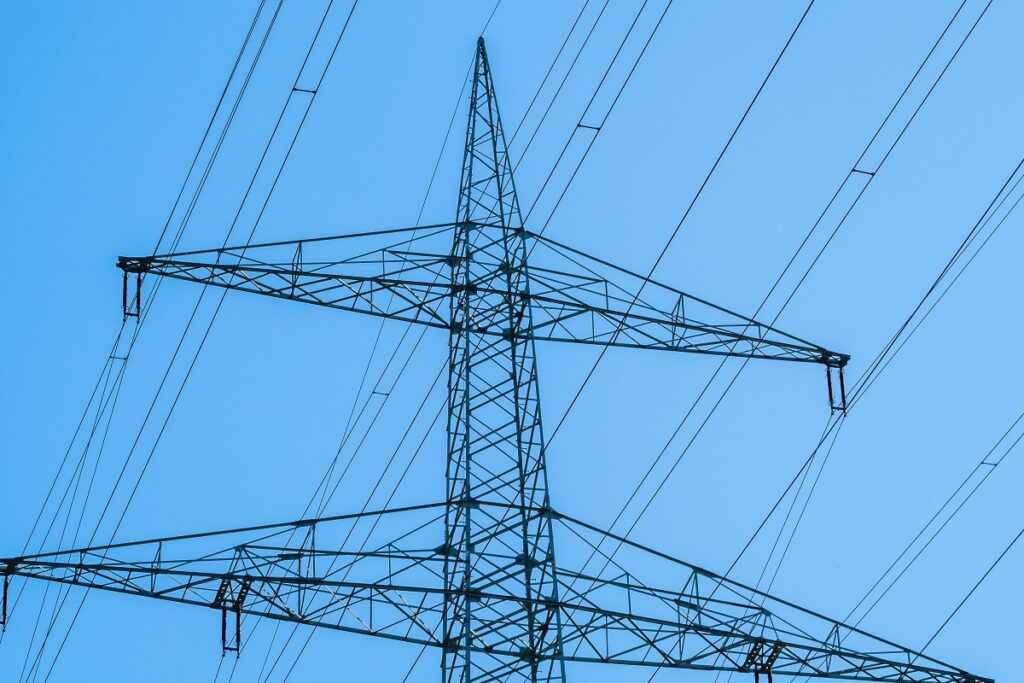Russia’s attack on Ukraine has inspired the European Commission (EC) and UK to make plans for ending dependence on imported Russian fuel—and added urgency to leaving fossil fuels behind altogether.
The UK on Thursday unveiled its energy security strategy, which will emphasize renewable energy sources, including wind, nuclear energy, zero-emission vehicles, low-carbon hydrogen and similar measures.
Europe is especially dependent on gas exports from Russia, the second-largest natural gas producer after the United States, Carbon Brief noted. But the desire to stop buying fuel from Russia, as a response to the attack on Ukraine, is encouraging Europeans to move toward alternative sources for gas—and alternative fuels, said an article published in said an article published in Nature last week.
EC announced its plan to “reduce EU demand for Russian gas by two thirds before the end of the year,” on March 8. Entitled REPowerEU, the plan calls for short-term measures such as stockpiling gas reserves every October and diversifying sources for gas imports, according to an EC statement. The plan also calls for measures to reduce reliance on Russian coal and oil in the longer term, to end reliance on all Russian fossil fuels by 2030. A big part of achieving this goal would be a shift away from all fossil fuels.
Hydrocarbons fund the war
David Blood, a well-known investor who co-founded Generation Investment Management with Al Gore, told The Guardian the conflict in Ukraine will hasten the transition to green energy.
“The irony is that this war is funded by the west’s dependence on Russian hydrocarbons. There is now significant evidence to show that hydrocarbons are not just environmentally unsustainable, but that they weaken the social, political, and economic fabric of our world too,” The Guardian quoted Blood as saying. “This war provides even more evidence of why there is no time to waste in transitioning away from fossil fuels and towards a cleaner future.”
Although the war in Ukraine is likely to accelerate Europe’s transition away from fossil fuels, it may also slow the clean energy transition—and increase greenhouse-gas emissions—in other parts of the world, according to the article in Nature.
“Southeast Asia, in particular, could turn back towards coal if Europe effectively corners the international market for liquefied natural gas,” said the article, citing Nikos Tsafos, who tracks global energy and geopolitics at the Center For Strategic and International Studies, a Washington, D.C. think tank. “And then there’s Russia itself, which accounted for nearly 5% of global emissions in 2020 and is unlikely to move forward with decarbonization in the absence of international political and economic engagement.”




